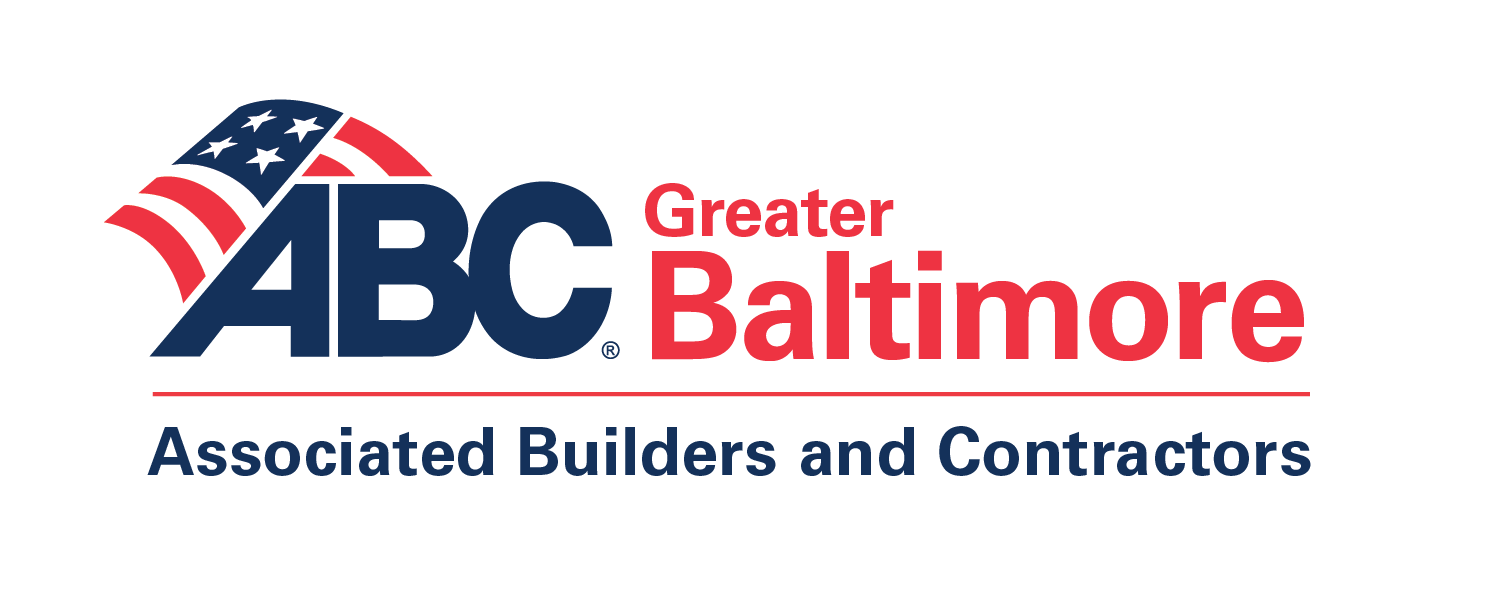The world is changing in so many ways. One sign of this change is the sharing economy. It has transformed the world of taxi driving with the advent of ride-sharing services and expanded the options for lodging as well. New areas seem more suitable for the sharing economy and are being tested in car rentals and crowd funding, to name a couple. Which new endeavors will succeed and which will fail is anyone’s guess.
The construction industry is beginning to see more and more signs of participating in the sharing economy. This began with the lending of equipment from one company to the next, and may even proceed to the widespread swapping of employees.
What Do Companies Gain?
In the case of equipment swapping, a smaller company that borrows a truck from a larger company saves the cost of a new truck. The larger company gets some revenue at a time when its truck would be idle. Other possible benefits to this approach include the following:
- It addresses labor shortage by loaning out employees
- It can be a solution to the need for specialized labor
- It can provide more work for employees
- It can result in projects being completed more rapidly
Workers may like the freedom of being able to work when they want and to take time off when they want. Companies will enjoy the flexibility of managing peak seasons by having access to floating workers.
What Do Workers Lose?
One big question that looms, as it does with other areas of the sharing economy – are workers trading flexibility for higher pay and benefits? Those working in the shared economy are less likely to get health insurance, raises and bonuses, retirement plans, and paid time off.
To learn about your rights as a construction worker in this new shared economy, contact ABC Baltimore by calling 410-429-8671 or sending us an email today! We are a national association that represents all of the trades in the U.S. construction industry.

